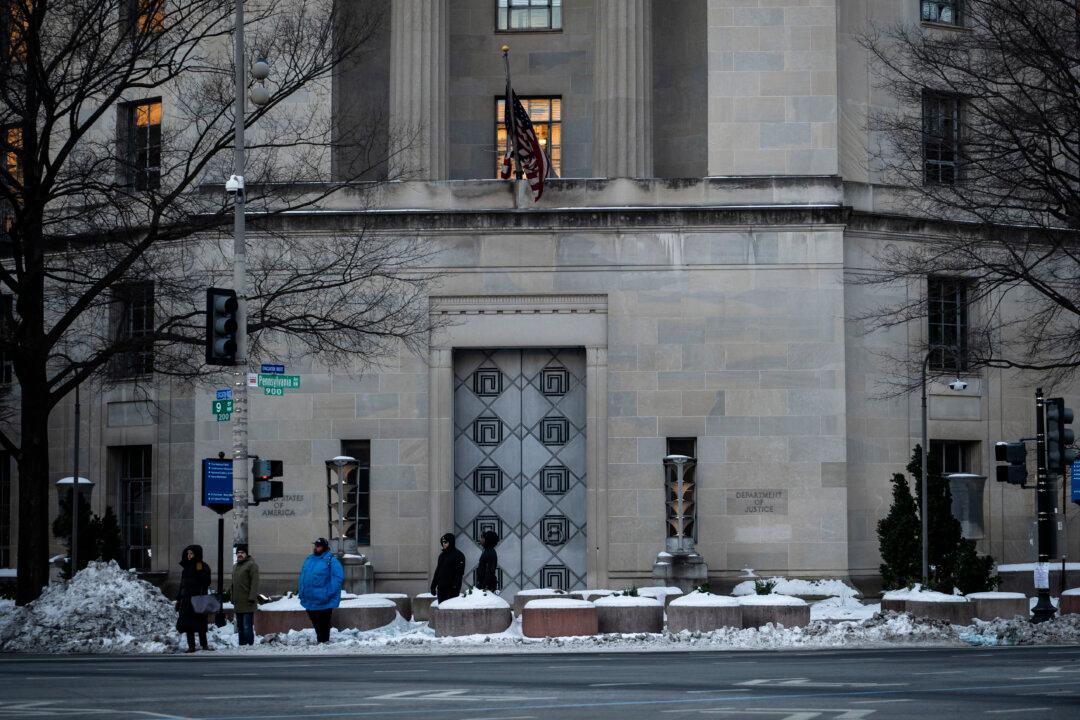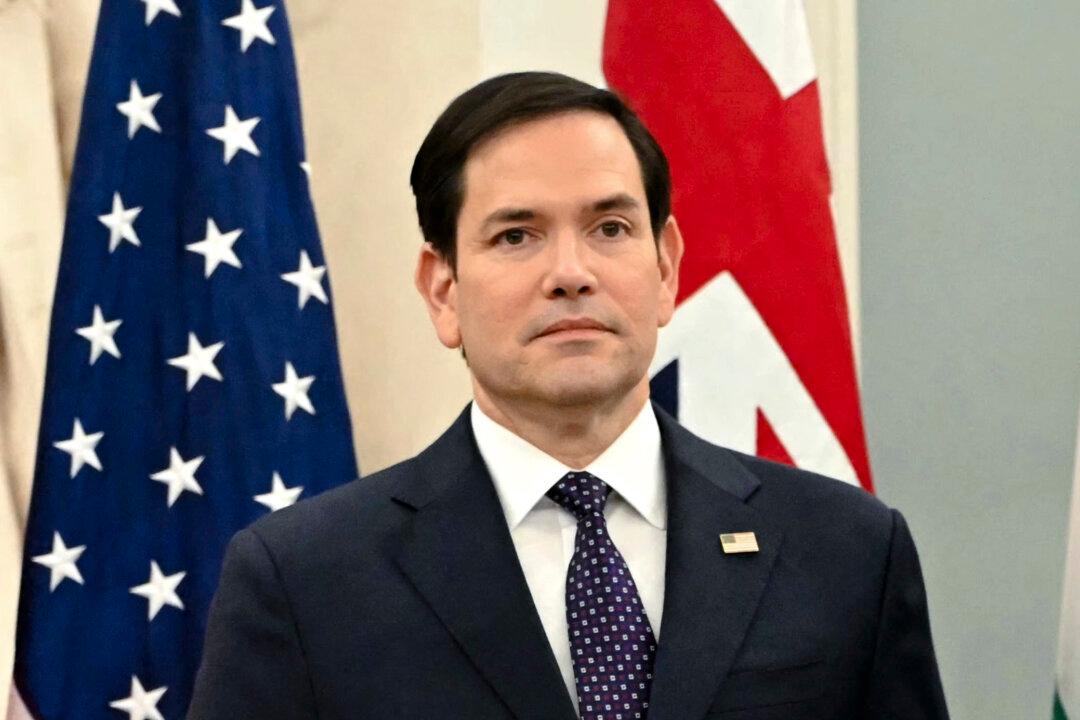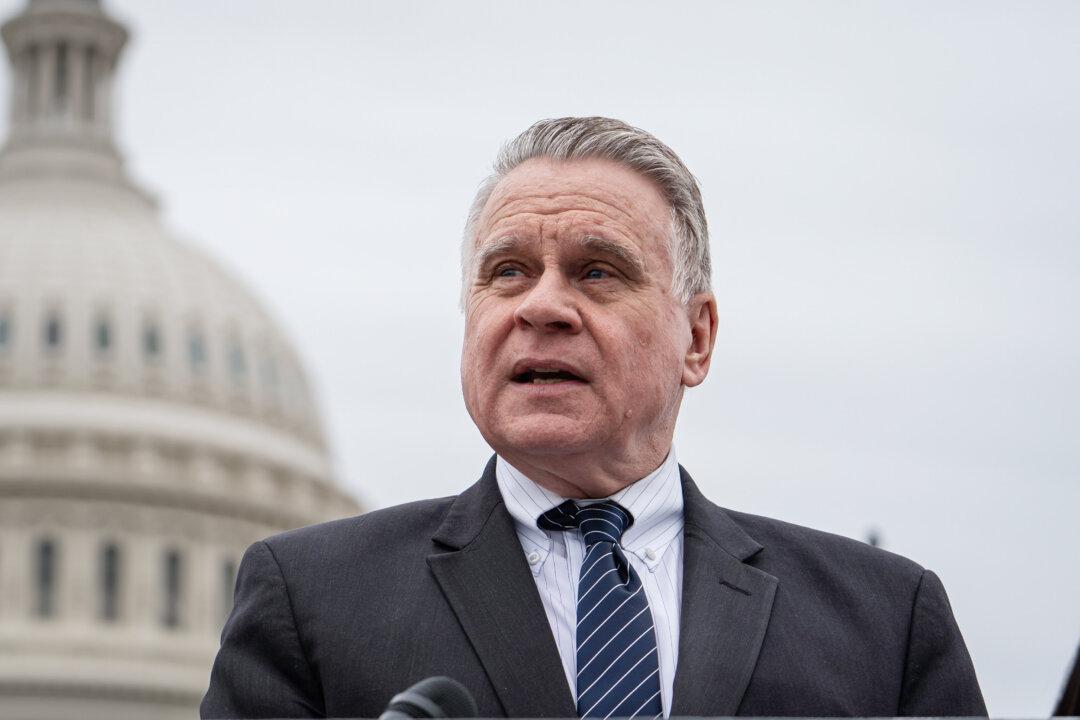Seven GOP senators have drafted a joint letter to U.N. Secretary-General António Guterres, voicing opposition to the appointment of a Chinese minister to a panel at the United Nations Human Rights Council (UNHRC).
“In this position, Jiang will provide China with the opportunity to play a central role in picking at least 17 human rights investigators, including those who look at freedom of speech, enforced disappearance, and arbitrary detention—rights abuses which the Chinese regime routinely perpetrates,” the senators warned.
Epidemic
The senators pointed to Beijing’s deception regarding the initial outbreak of the CCP (Chinese Communist Party) virus, commonly known as the novel coronavirus, as one reason why China was not qualified to hold a position on the panel.“Through intimidation of its medical first responders, censorship of online forums, and threats of severe punishment for anyone who dared to speak out with the truth, the Chinese Communist Party engaged in its most egregious human rights abuse: the unchecked spread of a new and dangerous virus on an unwitting global population,” the senators wrote.
Li was summoned to a local police station for “rumor-mongering” and forced to sign a “confession” statement in early January. Li died the following month after contracting the CCP virus while unknowingly treating an infected patient.
The senators added: “Even now, China withholds critical information about the spread and death toll of the virus and continues to silence and intimidate its critics.”
Human Rights Abuses
The letter also pointed to China’s long-term human rights abuses, including of Uyghur ethnic minorities in Xinjiang, where more than a million are incarcerated against their will.The senators called on Guterres to take action against Duan’s appointment.
“We implore you to intervene on behalf of our shared values of freedom and dignity by suspending Jiang’s appointment to the UN Human Rights Council Consultative Group,” the senators wrote.
In 2018, the United States withdrew from the 47-nation UNHRC, with then-U.N. Ambassador Nikki Haley calling the council “a protector of human rights abuses, and a cesspool of political bias.”
Smith called out China for its systematic abuses against religious and ethnic minorities, including Tibetan Buddhists and Falun Gong adherents. Falun Gong, also known as Falun Dafa, is a spiritual practice that involves meditation and moral teachings based on truthfulness, compassion, and tolerance.
In addition, “there is a growing body of evidence that the Chinese government harvests the organs of political prisoners, providing organs on order for those willing to pay a blood price,” Smith added.
Smith said that “there is no justification whatsoever in empowering a Chinese government official,” and called for an investigation into “Chinese influence at the World Health Organization and other U.N. bodies.”





